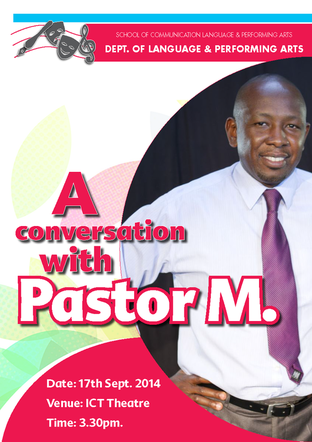
Yet, our limited scholarly output ends up costing the continent, both in terms of cultural baggage, and also in shillings and cents. And lives.
The best example that I always quote, is that of Rwanda. When the genocide against the Tutsi broke out in 1994, the world had literally no template from which to understand what was going on. There had been very little publication on the country, and the most authoritative documents were the anthropological pieces that provided the very historical framework on which the genocide was based, together some quaint writings by travelers and journalists. There’s an interesting book by Adam Lebor, Complicity with evil: The United Nations in the age of genocide, in which he reveals that some of the decisions by the UN to abandon countries in crisis are largely caused by the shallow intellectual engagement on the countries affected.
The same thing has been happening in studies on religion. Of the well-known academic books on how religion interacts with Kenyan society, few focus on the use of media by both the churches and the rest of the society. Unless this changes, in a few years’ time, we’ll be receiving foreign scholars with enough resources to scour the internet and the expensive newspaper archives, and to write narratives about the implications of the media on matters of faith.
The other problem we have is the silence of academics on controversial issues in Kenya. We in the universities have left the role of discussing hot topics to the media, and yet we know just how limited the media are. They don’t have the time or resources to carry out in-depth studies like universities do, and more than that, once the heat is over, the material goes straight to the archives. Universities, on the other hand, may be boring but they are the ones that insist on the complexity of issues, and keep issues in the national memory as the media moves on to the next big thing.
We are determined that Kenyans should be part of the academic conversations surrounding hot button issues, and that is why we have decided to host a conversation with Pastor Muriithi Wanjau of Mavuno Church. We hope that we can inspire a few studies and even articles and books that go beyond the typical MA thesis structure of getting statistics on pictures and on who agrees/disagrees with the Church, and look at the theological implications and how we can fearlessly tackle the dilemmas of the 21st century.
I’m quite excited about this event, which is the second similar one we have organized. The first was a lecture by Muoki Mbunga on the controversy surrounding the Mau Mau compensations. When I grow up, I’ll have less tedious bureaucracy and enough time to ask for a grant from some foreign donor to host more such events, while our rich Kenyans spend money on election campaigns and leave their wealth for their kids to fight over in court.
 RSS Feed
RSS Feed
